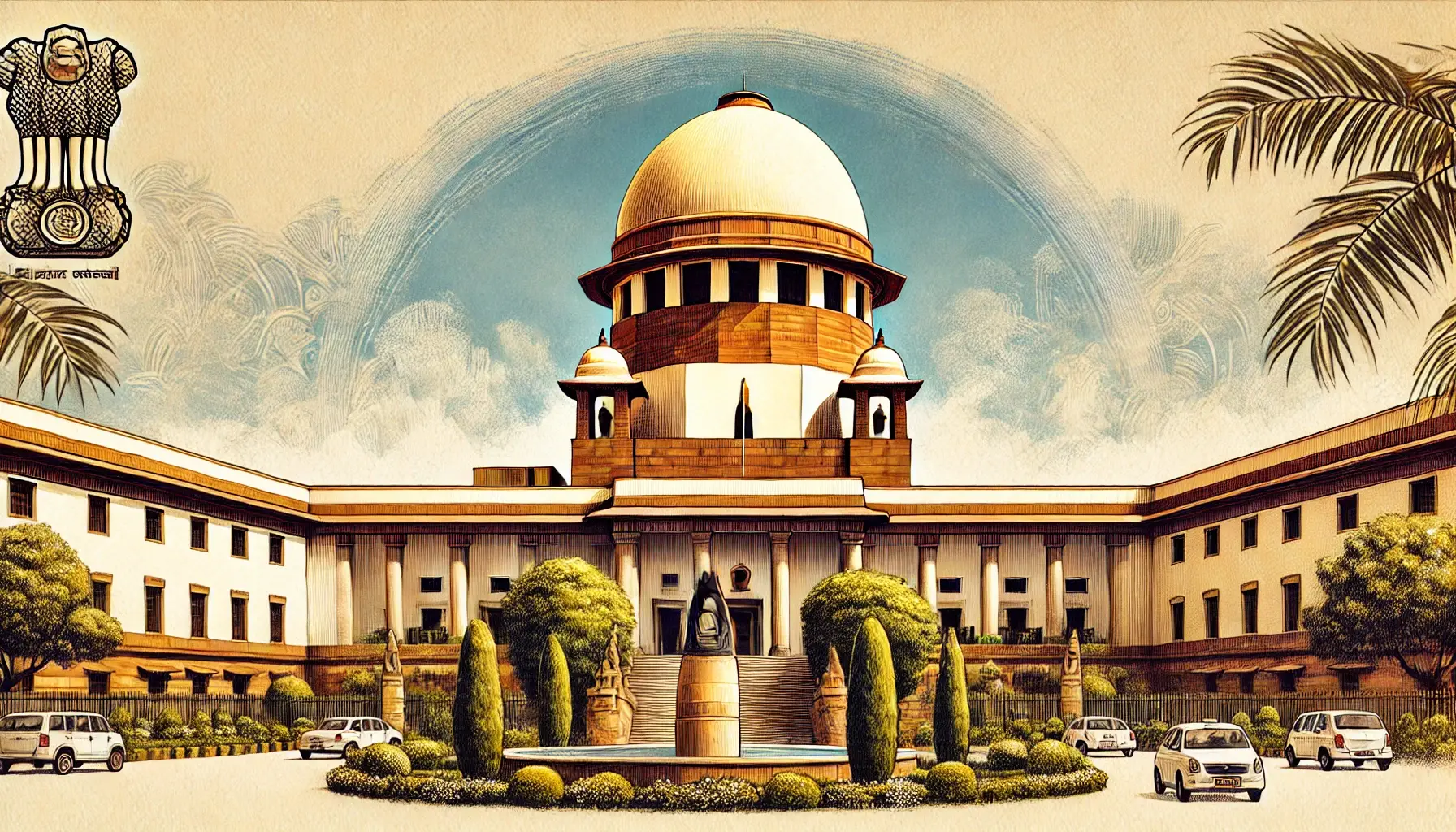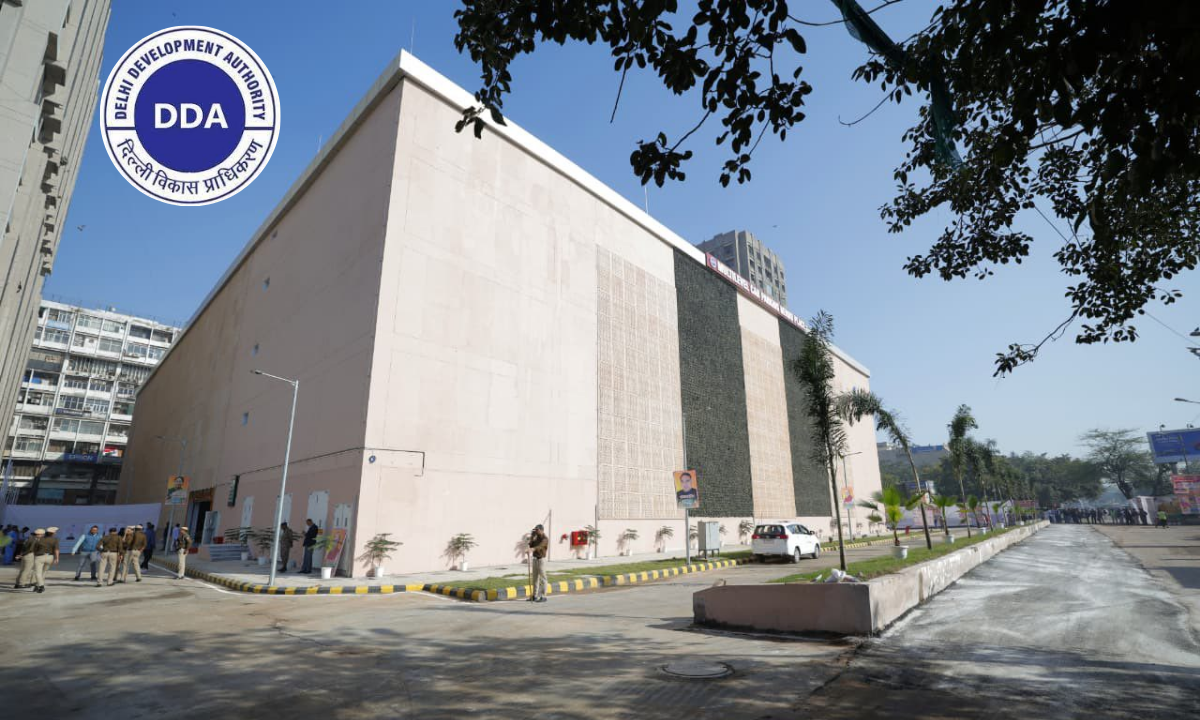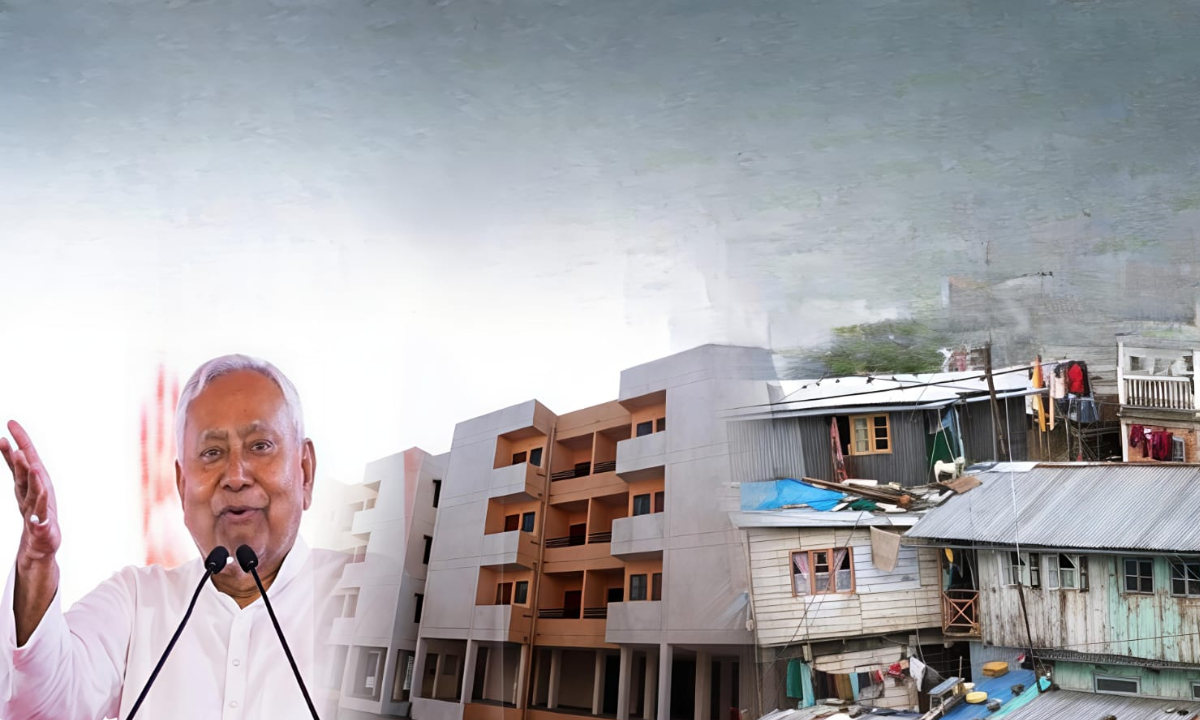If you’ve ever booked a flat and later decided to cancel it, you might have been worried about losing a huge chunk of your money. The Supreme Court (SC) has now made it clear that real estate developers cannot deduct more than 10% of the base price if a homebuyer cancels their booking. This decision ensures that homebuyers are treated fairly and are not subjected to unreasonable penalties by builders.
A Supreme Court bench consisting of Justices B R Gavai and S V N Bhatt ruled that if a contract between a homebuyer and a builder is completely one-sided and unfairly favors the developer, it cannot be enforced. The court stated, “Developers cannot deduct unreasonable amounts if the buyer seeks cancellation, and it should not be more than 10% of the base sale price (BSP).”
This ruling came after a case involving Godrej Projects Development Ltd, which argued that they should be allowed to forfeit 20% of the amount paid by the buyer as per their agreement. However, the Supreme Court rejected this claim, saying that such terms are “ex facie one-sided, unfair, and unreasonable” and amount to unfair trade practices.
What the Law Says About Forfeiting Money
The court referred to previous judgments and clarified how much money builders can legally forfeit. It stated that if a builder takes a certain amount of money as “earnest money” (a token payment made by buyers when booking a property) and the amount is reasonable, then it does not fall under the penalty provisions of Section 74 of the Indian Contract Act, 1872. However, if the amount forfeited is excessive and acts as a penalty, then Section 74 would apply, and such a penalty cannot be enforced.
Explaining further, the bench said, “If the forfeiture is of the nature of a penalty, then Section 74 would be applicable. This Court has further held that under the terms of the contract, if the party in breach undertook to pay a sum of money or to forfeit a sum of money which he had already paid to the party complaining of a breach of contract, the undertaking is of the nature of a penalty.”
Case Background: What Led to This Decision?
The case involved a homebuyer who had booked a flat in the Godrej Summit project in Sector 104, Gurgaon, Haryana. After the possession of the flat was handed over, the buyer sought a refund. The National Consumer Disputes Redressal Commission (NCDRC) ruled in favor of the buyer, stating that the builder could only deduct 10% of the BSP and must refund the remaining amount. Godrej Projects Development Ltd challenged this ruling in the Supreme Court, arguing that their contract allowed them to forfeit 20% of the amount paid.
However, the Supreme Court sided with the NCDRC’s decision, reaffirming that “forfeiture of 10% is reasonable, and above that amount should not be allowed.” The court noted that this principle had been upheld in multiple past judgments. “Relying on the aforesaid observations of this Court, the NCDRC, in a series of cases right from the year 2015, has held that 10% of the BSP is a reasonable amount which is liable to be forfeited as earnest money. The NCDRC has initially taken this view in the case of DLF Ltd. vs. Bhagwanti Narula. The said view has been followed subsequently in various judgments of the NCDRC. We see no reason to upset the view consistently taken by the NCDRC based on the judgment of this Court,” the bench stated.
What Does This Mean for Homebuyers?
For homebuyers, this ruling is a significant victory. It means that builders cannot exploit them by imposing heavy penalties if they choose to cancel their purchase. Even if the contract states a higher forfeiture amount, it will not be legally enforceable. The most a builder can deduct is 10% of the base sale price.
However, the Supreme Court did set aside the NCDRC’s order that directed builders to pay interest on the refunded amount. This means that while the buyer will get a refund after cancellation, they will not be entitled to additional interest on that amount.
Final Takeaway
The Supreme Court’s ruling is a major step in protecting homebuyers from unfair trade practices. It ensures that developers cannot impose excessive penalties and strengthens consumer rights in real estate transactions. If you are buying a flat, this judgment provides clarity on how much you could lose if you ever decide to cancel the booking, giving you better financial security and protection.









.png)